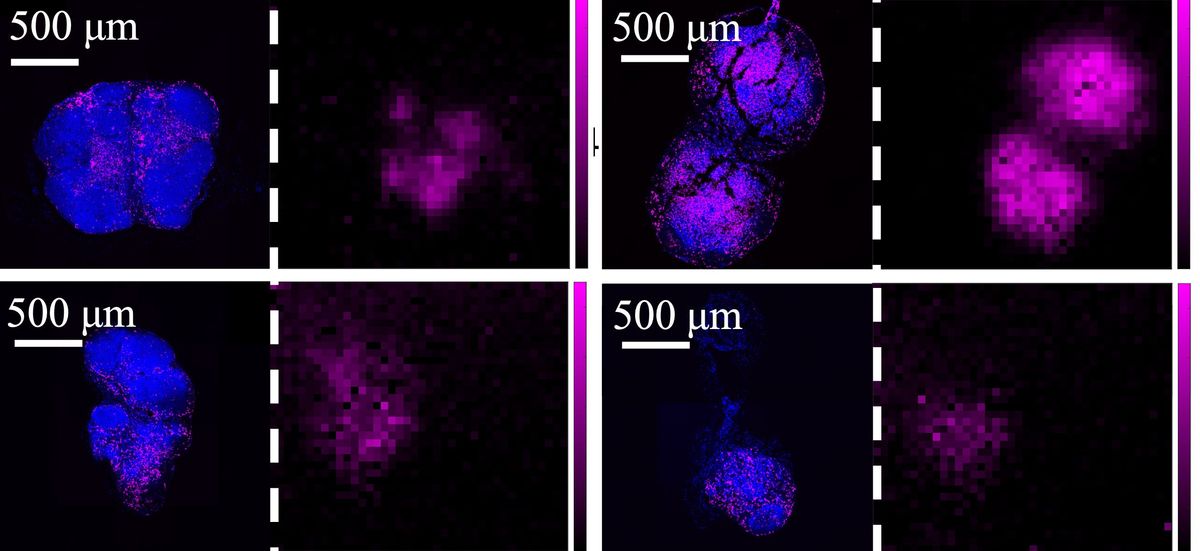THE INSTITUTE It took less than a year for coronavirus vaccines to go from experimentation to people’s arms. Compare that to the decade or so it typically takes to get a new drug or medical device evaluated, approved, and released to the public.
Why does the process normally take so long? It takes time to recruit volunteers for clinical trials, conduct the trials, analyze the data, file the appropriate paperwork, and get regulatory approval. In the case of the COVID-19 vaccines, all the steps were greatly accelerated.
What if there is a way to generally speed up the clinical trial process and make it more efficient? Some groups—including IEEE, pharmaceutical companies, and regulatory agencies—say the solution is to use artificial intelligence, blockchain, cloud-based platforms, health-monitoring devices, and other technologies.
The technologies could be used to help conduct clinical trials using telehealth and similar processes. Sometimes called remote or patient-centric trials, such “decentralized” clinical trials could streamline the approval process and reduce the time burden on participants.
In September 2019 the IEEE Standards Association (IEEE SA) initiated the Technology and Data Harmonization for Enabling Decentralized Clinical Trials (DCT) Industry Connections Program.
Through that incubator, activities are in the works, such as new technology and data standards; a testing and training laboratory; a certified technical workflow for the trusted and validated use of remote digital health technologies; and the use of artificial intelligence, blockchain, and distributed ledger technologies designed to increase participant efficacy and safety while accelerating trial operations.
Walter De Brouwer, chair of the IEEE SA DCT Industry Connections Program overseeing the project, says decentralized clinical trials are still an emerging industry and “a bit of a Wild West.”
“We are experiencing an irreversible and transformative change in the clinical research field in which decentralized clinical trials enabled by technology will become mainstream,” says Isaac R. Rodriguez-Chavez. “IEEE standards will assist with the implementation of these trials.” Rodriguez-Chavez is senior vice president of scientific and clinical affairs as well as head of the Global Center of Excellence for Decentralized Clinical Trials at PRA Health Sciences. He also is co-leader of the IEEE SA DCT Industry Connections Program.
Pharmaceutical companies are interested in conducting such trials because it could fast-track the drug-development process and reduce their costs.
But, De Brouwer says, “the problem is pharma [companies] are uncertain in how to do them, because too much engineering of technology is involved.”
Maria Palombini, IEEE SA’s director of emerging communities and opportunities development and health care life sciences practice lead, says a lot of companies involved with sponsoring and conducting clinical trials are hesitant to apply a decentralized approach.
“There continue to be concerns over patient privacy and verification, data validation and security, and uncertainties with regulatory compliance,” Palombini says. “There are many unanswered questions, so there’s quite a bit of hesitancy in transitioning to this approach to conducting clinical trials.”
The IEEE SA program plans to address those concerns. The group is recruiting members from academia, biology and pharmaceutical companies, the tech community, and regulators across the globe. Individual workstream groups are already looking at developing a variety of protocols, remotely monitoring participants, improving the logistics of shipping clinical trial kits to participants, and gathering and validating trial data. The program is also considering how to enable a more inclusive patient recruitment process with increased participation from minority groups, which are often underrepresented in clinical trials.
IMPROVING PATIENT RECRUITMENT
Clinical trials involve testing a new drug or device on hundreds and sometimes thousands of volunteers. For example, Moderna recruited 30,000 participants for its COVID-19 vaccine’s clinical trials.
De Brouwer says it’s becoming increasingly difficult to recruit people, because of the length of time it takes to monitor them. The people’s health needs to be regularly checked by medical professionals. Also, if the trial involves a drug, the dose needs to be monitored and any side effects must be documented.
“There are only a limited number of participants who are disciplined enough to go through a clinical trial,” he says.
On average, about 20 percent of participants drop out, according to a study of clinical trials by CenterWatch.
Other challenges are travel and safety measures imposed due to the coronavirus pandemic, which has caused hundreds of clinical trials to be suspended.
Decentralized clinical trials are expected to boost recruitment of volunteers because people could participate from the comfort of their home and nearby health care facilities. The drugs being studied would be mailed to them, or health care workers could make house calls to administer the medication. The participants’ health could be checked using mobile apps, telemedicine, or wearable devices and recorded in electronic health records, Palombini says.
But that approach would come with challenges. Health-monitoring devices, for example, differ in how they measure heart rate and other vital signs. The differences make it difficult to have a standardized way of measuring the data for clinical research purposes.
That’s why the group will be defining technical standards and recommendations for how to build, calibrate, verify, and qualify digital health technologies used for monitoring. The project also aims to create best practices and processes for protecting participants’ safety and privacy. Ways to securely ship investigational drugs and the logistics of doing so are also being worked on.
DATA COLLECTION
How to gather, verify, validate, and share data in a consistent manner is another concern. Because each facility that conducts clinical trials uses its own hardware and software to collect the information, sharing the data with the study’s sponsor, clinical investigators, review boards, and regulatory agencies can be difficult.
The data could be decentralized with the use of artificial intelligence, blockchain technology, and cloud computing.
“In simple terms, we are talking about data portability, compatibility, and interoperability, because data has to be able to be distributed, accepted, utilized, and mined,” Palombini says.
De Brouwer notes that progress with new technologies does not have to mean less privacy.
“Through technologies like edge AI, federated learning, and zero-trust infrastructure we can preserve privacy by sharing data in limited ways—and the clinical learnings more broadly,” he says.
Another new tool being explored is a smart contract for auditing and authenticating patients informed-consent agreements, which trial participants are required to sign. Smart contracts use lines of code to trigger and track the terms of the agreement while protecting the patient’s privacy. That streamlines the process, accelerates auditing and verification, and aligns the patient’s trial data experience to one original record.
“Combined with the use of distributed ledger technology, chronological tracking of the terms of the smart contract [is] immutable [and] can be verified and easily tracked,” Palombini says.
She says the IEEE SA program is not seeking to change regulatory policies. Instead, she says, “we are looking to create solutions for legacy challenges that have impeded efficacy, optimization, and acceleration of trialing therapies.”
To learn more about the program, view decentralized clinical trials webinar episodes or listen to De Brouwer’s Re-Think Health podcast episode.
IEEE membership offers a wide range of benefits and opportunities for those who share a common interest in technology. If you are not already a member, consider joining IEEE and becoming part of a worldwide network of more than 400,000 students and professionals.
Kathy Pretz is editor in chief for The Institute, which covers all aspects of IEEE, its members, and the technology they're involved in. She has a bachelor's degree in applied communication from Rider University, in Lawrenceville, N.J., and holds a master's degree in corporate and public communication from Monmouth University, in West Long Branch, N.J.



